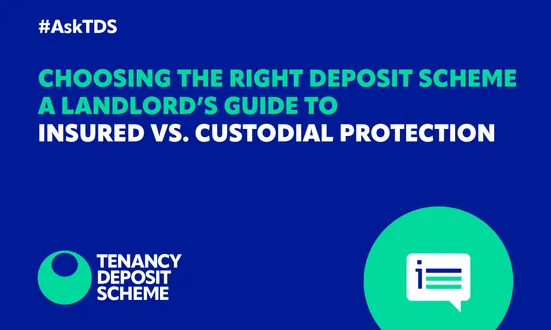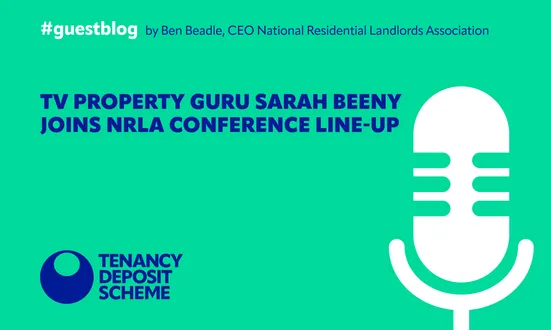The Renters Rights Bill is a significant piece of legislation aimed at fundamentally reforming the private rented sector. Its goal is to ensure that renters have access to a secure and decent home.
Here’s a breakdown of how the bill could affect you:
- Abolish Section 21 ‘no fault’ evictions, meaning landlords would no longer be able to evict tenants without giving a reason. This would provide more security for renters.
- Reform tenancy agreements so that all assured tenancies are periodic. A periodic tenancy is often referred to as a rolling tenancy with no fixed end date. This gives tenants more flexibility and control over how long they stay in a property.
- Introduce new notice periods. At the start of the tenancy, landlords will have to wait at least 12 months before ending a tenancy to sell the property or because they/a family member want to move in, and notice periods will double from 2 to 4 months in such cases. Tenants will be able to give 2 months’ notice to end a tenancy, however, at any point in the tenancy.
- Limit rent increases. Landlords will only be allowed to raise rent once per year, up to the market rate, and must provide 2 months’ notice. Tenants can challenge any increases they feel are above market rates through the First-tier Tribunal.
- Rent bidding wars will be banned, as landlords and agents will no longer be able to ask for or accept offers above the advertised rent, helping to prevent bidding wars that drive up prices.
- Extend the Decent Homes Standard to the private rented sector, as well as Awaab’s Law, which will require repairs for serious health hazards to be completed within a given timeframe.
- No Blanket Bans: Landlords won’t be able to impose a blanket ban on renters who are receiving benefits or those with children.
- Pets in Rental Properties: Tenants will have the right to request a pet in their property, which the landlord must consider and cannot unreasonably refuse.
- Introduce a Property Database, which is a registration scheme that landlords will be required to join.
- Establish a private rented sector Ombudsman to help resolve disputes between landlords and tenants without having to go to court.
The Bill is still progressing through Parliament, so there may be changes, but if passed, it will provide renters with stronger protections and more security. Keep an eye on how it develops, as it could significantly impact your rights as a tenant.
Find out more information here.
Other news stories

Choosing the right deposit scheme: A landlord’s guide to Insured vs. Custodial protection
As a landlord, protecting your tenant’s deposit is not just good practice, it’s a legal requirement. Since 2007, landlords must...
Read more

TV property guru Sarah Beeny joins NRLA conference line-up – get your ticket today
With a raft of legislation change set to turn the way we do business on its head, you can’t afford...
Read more

Why going digital with inventory and check-in reporting is no longer optional
The rental sector in the UK has been changing at a rapid rate as laws, expectations, and risks are all...
Read more